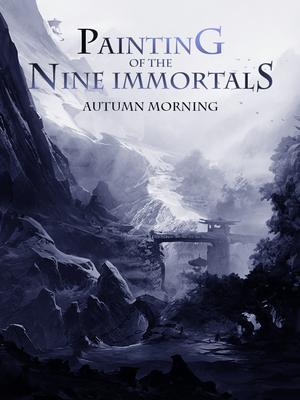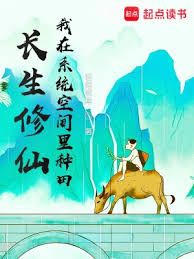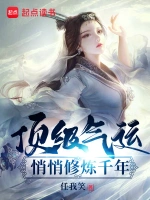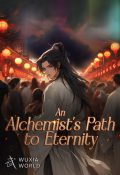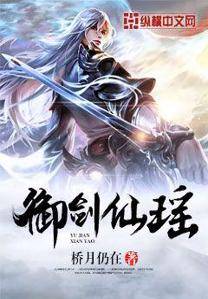The Story in 3 Sentences
Zhao Jiuge’s humble life in a remote mountain village shatters when tragedy strikes, forcing him to embark on a perilous journey into the ruthless cultivation world where strength determines everything.
Armed with determination and unexpected talent, he navigates treacherous sect politics, faces arrogant young masters, and forms crucial alliances while uncovering secrets about his mysterious past.
His journey transforms from personal survival to epic destiny as he masters the Soaring Blade technique and ultimately must choose between personal vengeance and protecting the entire cultivation world.
Why It Stands Out
1. Emotional Depth in Standard Tropes
The novel elevates familiar xianxia elements by investing genuine emotional weight in Zhao Jiuge’s relationships, particularly his bond with his adopted grandfather, creating character connections that feel authentic rather than purely transactional.
2. Balanced Pacing and World-Building
Unlike many cultivation novels that rush through realms, this story carefully develops each stage of Zhao Jiuge’s growth, allowing readers to fully experience the intricacies of sect life and political maneuvering.
3. Satisfying Power Progression
The cultivation system maintains clear rules and limitations, making Zhao Jiuge’s advancements feel earned rather than arbitrary, with each breakthrough requiring genuine struggle and sacrifice.
Characters That Leave a Mark
There’s Old Man Zhang – Zhao Jiuge’s adopted grandfather whose sacrifice and wisdom form the emotional foundation of the entire story.
You’ll meet Senior Sister Lin, whose initial mentorship of Zhao Jiuge evolves into a complex relationship that balances professional respect with unspoken romantic tension.
And Young Master Lei? He embodies the arrogant young master trope but with surprising depth, his eventual respect for Zhao Jiuge representing the novel’s theme that even rivals can recognize true strength.
The Flaws Fans Debate
Some readers note the novel follows familiar xianxia patterns quite closely, particularly in the middle sections where tournament arcs and young master confrontations can feel predictable.
The romantic subplots occasionally fall into harem tropes that some fans feel detract from the main narrative’s seriousness and Zhao Jiuge’s character development.
Pacing issues emerge in later chapters where the scope expands dramatically, causing some plot threads to receive less resolution than readers would prefer.
Must-Experience Arcs
Ch. 1-50: The Village Tragedy – This foundational arc establishes Zhao Jiuge’s character motivation and emotional core, setting up his journey with genuine pathos.
Ch. 150-250: Azure Cloud Sect Initiation – A standout section where Zhao Jiuge navigates complex sect politics and forms crucial relationships while demonstrating his unique talents.
Ch. 800-900: The Ancient Ruins Discovery – This game-changing arc reveals crucial information about Zhao Jiuge’s heritage while delivering spectacular battles and emotional revelations.
Killer Quotes
“Ling Xian is not the name I was given at birth. At the age of three, I discovered that there is a journey called Cultivation, there is a pursuit called Everlasting Life, and there is a conqueror called the True Immortal. So I changed my name to Xian – Immortal and I became Ling Xian.”
“There is no need for so much etiquette. I didn’t do much, I casually lent a hand”
“Untolerated by heaven, a boy was restricted by the most powerful spell. He accidentally acquired a painting inhabited by nine souls that claimed to be immortal.”
Cultural Impact
The novel has maintained strong popularity on major translation platforms despite being completed, with consistent reader engagement in discussion forums.
Fan artists frequently depict key scenes from the novel, particularly Zhao Jiuge’s dramatic battle moments, showing the story’s visual appeal and character resonance.
The novel has inspired numerous fan theories about cultivation techniques and character backstories, demonstrating how readers have embraced the world-building.
Final Verdict
Start Here If You Want:
A classic xianxia experience executed with emotional depth and careful world-building that respects genre traditions while delivering genuine character development.
Study If You Love:
Analyzing how emotional depth can enhance standard genre tropes, particularly how character relationships can elevate familiar cultivation narratives.
Avoid If You Prefer:
Extremely innovative or subversive takes on xianxia tropes, as this novel works within established conventions rather than breaking them.
